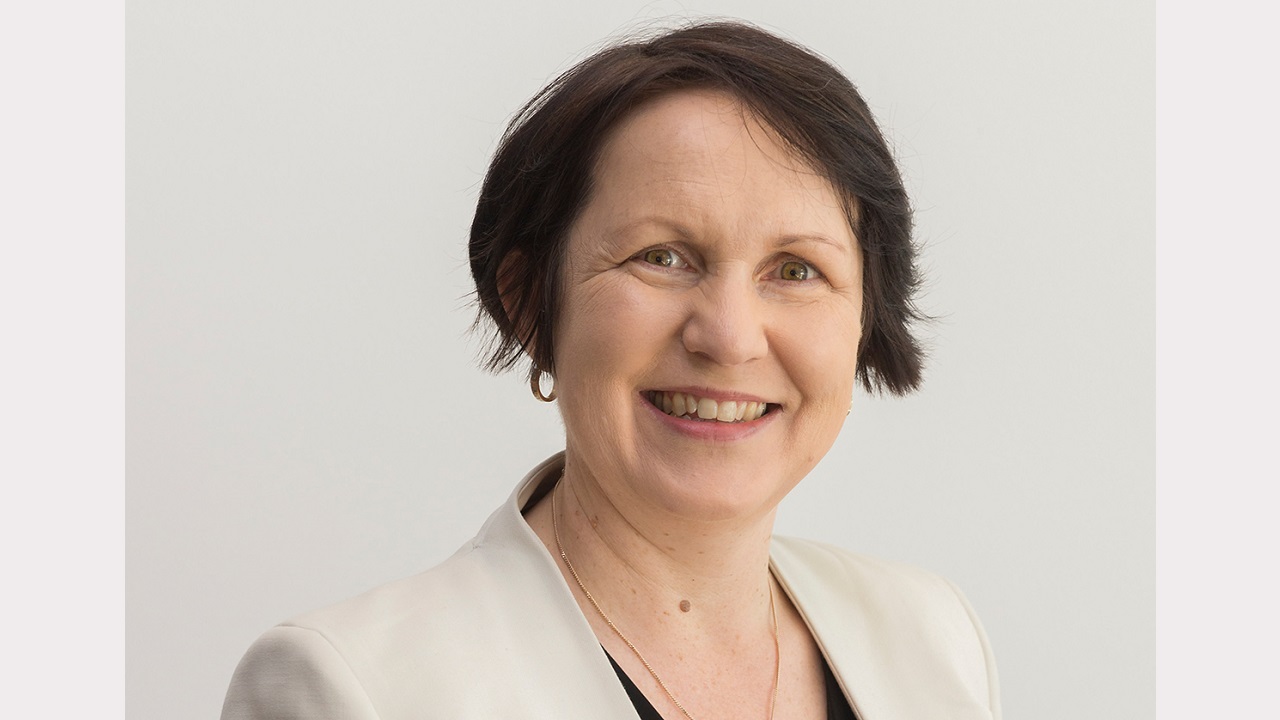Professor Yates reflects on time as President of Palliative Care Australia
Professor Yates reflects on time as President of Palliative Care Australia
Monday, January 16, 2017
Professor Patsy Yates has finished a four-year term as President of the Palliative Care Australia (PCA) Board, but will continue in her role as a Board member. She reflects on the highlights of her time in office and her hopes for what PCA can achieve in the future.
I’ve been privileged to sit on a range of committees and boards over the years, but my time with PCA has really stood out as being one of the most significant opportunities I have had in my professional career. It has been very humbling to work with people who have such passion and commitment to achieving good end-of-life care and to meet many members of the community who have experienced the support that palliative care provides. It has made me realise that palliative care is something that resonates with everyone. Everyone has a story. An important lesson I’m going to take away is that so many people are genuinely interested in palliative care and share PCA’s goals for quality care for all at the end of life.
One of the main role’s the Board plays is advocacy and building awareness of palliative care across all sectors of the community. An important learning for me as President has been just how much we can influence our decision makers in government and how we can work with them to create good policy. During my time as President, PCA has enjoyed good relationships with political representatives from all sides and this has created many opportunities for us to raise the profile of palliative care and the importance of policy that supports it.
The strong support PCA enjoys is evident in the high level of attendance we have seen at the lunch-time briefing events we’ve held for politicians at Parliament House. I’ve always been impressed with the level of engagement in these sessions. We’ve held many of these events jointly with other organisations that have an interest in palliative care. This has been a great way to show how palliative care is relevant to different sectors of our community. It has been exciting to see how PCA shapes the agenda, providing advice and direction on what will achieve good outcomes for our community.
Politicians have also been supportive in attending many of our community awareness raising events, taking time to attend and being keen to engage in discussions with community members. Earlier this year it was wonderful to have Health Minister Sussan Ley launch our Dying to Talk Discussion Starter. The Discussion Starter is just one of the many successful community engagement initiatives which have provided significant opportunities to raise awareness and understanding of palliative care.
I’ve been very pleased to see a strong and productive relationship between the Board and PCA staff members. The Board very much appreciates the passion and commitment of the PCA team. As Board members responsible for setting the organisation’s strategic direction, we know we are fortunate to have such a talented team implementing it. On many occasions our expectations have been exceeded, because PCA staff are so committed and willing to go the extra mile.
Another highlight for me has been working with our National Policy Advisory Committee (NPAC). I have found it very inspiring to see such strong and genuine commitment to quality palliative care by our member organisations. I have enjoyed and learnt a great deal from the very strong and robust debates held at NPAC meetings. NPAC held its first meetings just as I took on the President’s role. I’m been very pleased to see this forum develop during my time as President and I am very thankful for the support NPAC members have provided over the past few years as the Board has tackled many challenging issues.
I was fortunate to commence my term as President at the time we were introducing a new governance structure for PCA. The new structure enabled us to attract Board members with a broad range of expertise. The Board includes leaders in the field, with clinical, management, legal, financial, education, policy and research expertise. The PCA Board has been a strong one, willing to consider the rapidly changing context for palliative care and tackle a range of complex issues. PCA has been well governed because of the expertise that the Board members bring to the table.
We know that the demand for palliative care will continue to increase and that we need to respond to the needs of the growing number of people with multiple chronic conditions. The way we deliver health and community care has to respond to that if we are to ensure our communities receive high quality symptom management, and the emotional and spiritual support we know is possible with to good palliative care.
We also know that there is variation in who is able to access quality palliative care and that it is not available to everyone. We need to continue to address this. Advocating at a policy level to build the palliative care workforce is something I’m looking forward to contributing to as I continue in my role as a past President of PCA.
I’m very pleased to be leaving the President’s role at a time when PCA’s relationships and partnerships are so robust. We are well placed to be influencing the future delivery of good quality palliative care.
